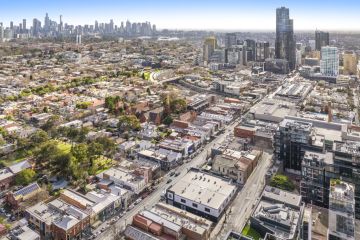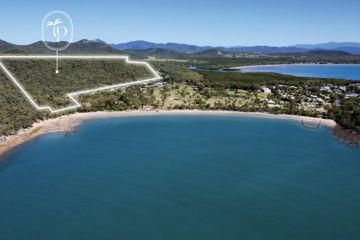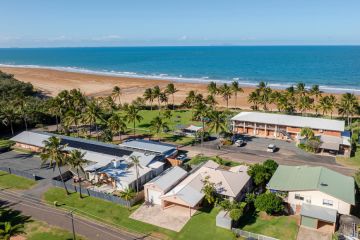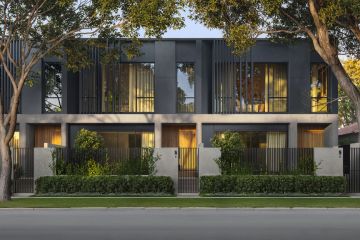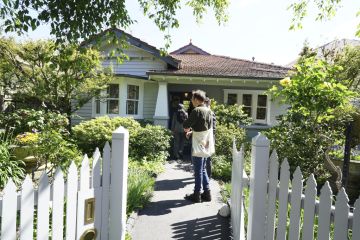Australia's expensive real estate problem remains a dirty little secret
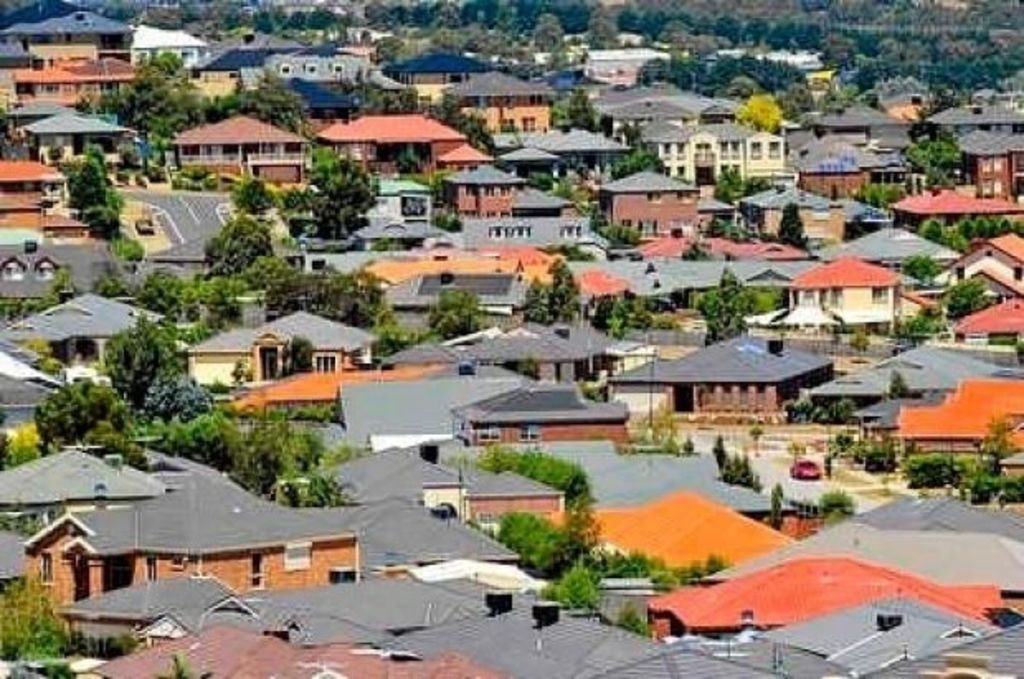
Nobody knows how many billions of dollars in dirty money is pouring into Australia’s housing market, but global authorities describe local real estate as a prime target for money laundering – and you may have paid more for your house because of it.
The likelihood of cashed up crooks increasing house prices is much greater than many people realise, given the hidden nature of the problem, a lack of regulation in the Australian real estate industry and the staggering sums involved.
AMP chief economist Shane Oliver says criminals willing to pay extra to wash illicit funds have probably already had an impact on the high end of the housing market. “Even one transaction can have a huge effect that pulls the whole lot up.”
Real estate agents say corrupt money can also influence average house prices, because criminals paying more than market value for one house are likely to encourage higher asking prices for similar properties in the same street.
“To the extent that money laundering may well have played a role in making houses unaffordable to the average Australian, even if it’s marginal, there’s a case to investigate that,” Mr Oliver says.
Estimates vary, however an International Monetary Fund calculation converted to local currency shows up to $5 trillion in corrupt money – more than three times Australia’s GDP – flowing into global financial systems last year. Only 0.2 per cent of the illegal transfers were likely to be seized or frozen, according to a UN report.
No official estimate of how much tainted money is laundered through Australian housing has been publicly released, but there’s no shortage of warning signs.
The world’s top financial corruption watchdogs, including Transparency International, the Financial Action Task force, the IMF and the OECD, have called for Australian real estate agents and other property professionals to be subject to anti-money laundering laws that would force them to identify corrupt house buyers.
Australia’s financial crime intelligence authority, Austrac, reported $1 billion in suspicious transactions flowing into the nation’s housing from China alone during 2015, but some analysts believe that’s just the start.
A Transparency International report last year found Australia’s housing market is more open to laundering than the US, Britain or Canada, failing in all ten areas that allow criminals to easily purchase properties anonymously to hide stolen money.
An Austrac spokesperson says the government is consulting with the real estate industry and plans to introduce new legislation this year, which would involve an extension of the Anti-Money Laundering and Counter-Terrorism Financing Act.
If the legislation passes, estate agents will be governed by the same laws that led to the Commonwealth Bank agreeing to pay a record $700 million fine, after Austrac laid 53,700 for failing to report suspicious transactions. The maximum penalty for each offence is up to $18 million.
An ALP spokeswoman says no decision has been made on supporting the new legislation, but the Greens are enthusiastic.
“Real estate agents, lawyers and accountants should be subject to money laundering laws,” Greens justice spokesman, Senator Nick McKim told Domain. “This is an open door through Australia’s money laundering laws and it needs to be closed.”
Subjecting estate agents to the same oversight as banks would require them to report suspicious transactions after verifying the beneficial owners of properties they sell by obtaining documents or data from a reliable and independent source.
REIA president Malcolm Gunning says the proposed laws would throw the real estate industry into turmoil.
“Smaller agents would be forced to close, it would drive up fees and commissions and bring auctions across the country to a halt,” he says. “If these regulations come in and we have to ask potential purchasers a whole range of questions, auctions would disappear. We’re not financial detectives.”
Roger Wilkins, a former secretary of the Attorney General’s Department and international president of the FATF from 2014 to 2015, sees dirty money flowing through Australian real estate as a significant threat, but doesn’t believe bringing estate agents under Austrac regulation will make a substantial difference.
He suggests a more practical way of dealing with the problem would be to freeze the properties or funds involved in a suspicious transaction until those responsible can satisfactorily explain the money’s origins.
Professor Jason Sharman of Cambridge University, a global money-laundering expert whose views are included in the OECD report, says Australia already has extremely powerful laws against money laundering. “The problem is that in most cases the government chooses not to enforce them,” he says.
Laws governing UK real estate agents were introduced last year after investigations showed a huge flow of corrupt money, estimated to be tens of billions of pounds, had driven up housing prices.
In London, the National Association of Estate Agents says its members have already been fined millions of pounds for failing to comply with the new anti-money-laundering laws, with some facing bankruptcy as a result.
Law enforcement minister Angus Taylor is in charge of the planned laws, but he would not be interviewed for this story. Questions to Austrac about the amount of money it believes is laundered through Australian real estate were not answered.
We thought you might like
States
Capital Cities
Capital Cities - Rentals
Popular Areas
Allhomes
More
